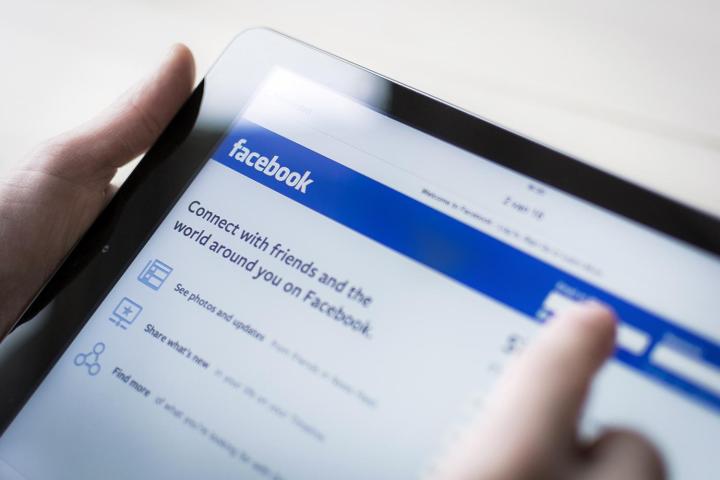
France’s data privacy body, the Commission Nationale de l’Informatique et des Libertés, issued Facebook a fine of 150,000 euros, or about $167,000, for collecting “a massive compilation of personal data of internet users in order to display targeted advertising.” The ruling also mentioned the company’s practice of monitoring non-users on third-party websites.
The decision from the Dutch Data Protection Authority (DPA) echoed that sentiment, but went into greater detail.
“The Facebook Group uses sensitive personal data from users without their explicit consent,” a statement on the DPA’s website reads. “For example, data relating to sexual preferences were used to show targeted advertisements.”
According to the DPA, Facebook has ended the particular practice of using individuals’ sexual identity for marketing purposes, but if “other violations,” which were left unnamed in the announcement are not similarly dealt with, the government has threatened to issue a fine.
French officials, by contrast, have not instructed Facebook as to how it should change its practices.
Facebook maintains it has consistently adhered to European Union privacy laws, which are quite different from American regulations and, in some cases, much more stringent — especially with regard to the internet.
For example, under European law, any company that collects data on you online for any purpose must hand over a copy of their records to you at your request. Many larger social media firms, like Facebook and Twitter, offer to share their information with users if asked, but U.S. law does not require them to do so.
There’s also the much-publicized “right to be forgotten” decision, which means that European citizens can ask search engines like Google and Bing to remove links to incriminating articles about them, to avoid being perpetually punished for an action or incident in the past that has been deemed no longer relevant. U.S. law provides no such protections.
Facebook is also reportedly being monitored in other countries, particularly in Germany, for facilitating the spread of fake news and hate speech. Two weeks ago, the company took out a series of ads in a U.K. newspaper warning readers of the spread of misinformation in the run up to the country’s June 8 general election.
Editors' Recommendations
- How to get your share of Facebook’s $750M settlement
- Facebook Messenger finally starts testing end-to-end encryption for all chats
- Google faces legal trouble over Android data collection
- Targeted Facebook ads are about to lose a big audience: iPhone owners
- Facebook is adding shopping to your mobile app


